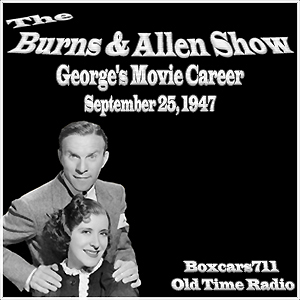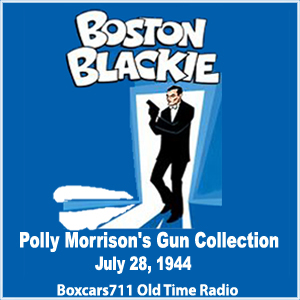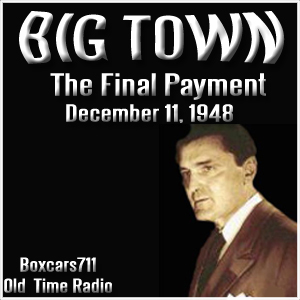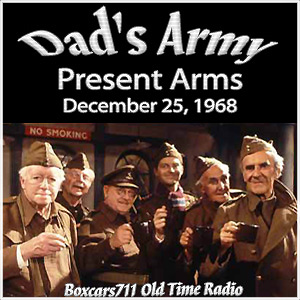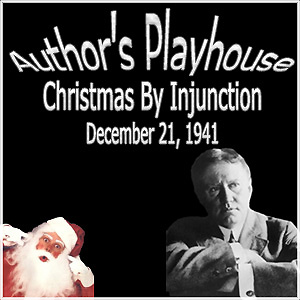The Case Of The Eaton Brothers (Aired September 7, 1952)
This series was very similar to the Black Museum that was hosted by Orson Welles. Both the Black Museum and Whitehall 1212 drew their material from the files of Scotland Yard. The stories were true in every respect except that the names were changed to protect the innocent, as they say. The Whitehall 1212 series boasted that for the first time Scotland Yard opened its files and the producers promised to bring to the public authentic true stories of some of the most celebrated cases. Permission for these records came from Sir Harold Scott, Commissioner of the yard at that time. There is actually a Black Museum. This area is located on the lower ground floor of Scotland Yard and it does indeed contain articles that are closely associated with the solving of a crime. And "Whitehall 1212" was the actual emergency phone number for the yard at the time. The research for the shows was done by Percy Hoskins, chief crime reporter for the London Daily Express. Show Notes From The Old Time Radio Researcher's Group and The Digital Deli.
THIS EPISODE:
September 7, 1952. "Case Of The Eaton Brothers" - NBC network. Sustaining. A letter, written on the stationery of a London newspaper, is an exhibit in the "Black Museum." A woman's body is found in a messy former wine shop. Marlene Corcoran's murderer confesses to a newspaper for five hundred pounds. The confession, however, is useless! Percy Hoskins (researcher), Wyllis Cooper (writer, director), Horace Braham, Harvey Hayes, Carl Harburg, Lester Fletcher, Maurice Delamore, Jared Burke, Lionel Ricou (announcer). 29:48. Episode Notes From The Radio Gold Index.





